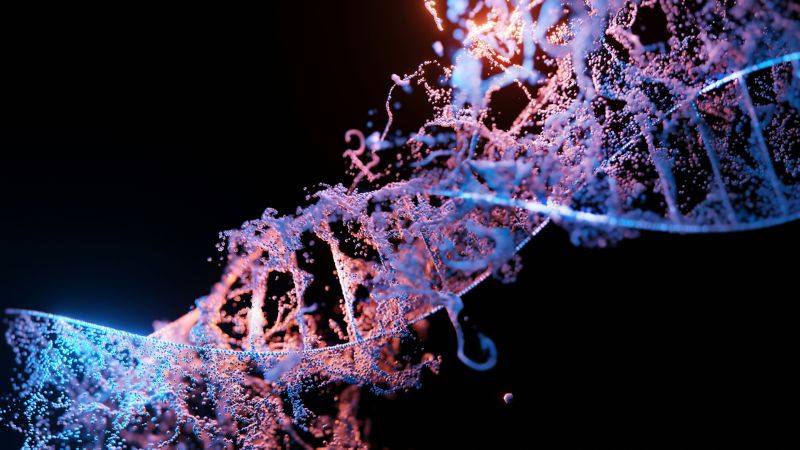Remnants of Neanderthal DNA in Modern Humans Might Be Playing a Role in Autism Susceptibility
Will Loiseau
7/24/20251 min read


A recent study, "Enrichment of a subset of Neanderthal polymorphisms in autistic probands and siblings," investigated this fascinating connection using data from over 3,400 participants.
The research found that rare Neanderthal-derived genetic variants are significantly enriched in autistic individuals across various ethnic backgrounds. This discovery opens new avenues for understanding autism's genetic underpinnings.
The prevalence of autism has been on the rise globally. But more than just diagnosis; it also brings us to a crucial healthspan discussion. Individuals with autism often face a reduced healthspan and life expectancy due to a higher burden of co-occurring medical conditions (like epilepsy, gastrointestinal issues, and cardiovascular disease) and mental health challenges.
These insights are vital. Neanderthal fossils, dating back 400,000-450,000 years, are found across Europe and Central Asia, from Spain to the Caucasus. Understanding genetic predispositions can pave the way for more personalized, predictive, and proactive health strategies, ultimately aiming to enhance well-being.
Start Your Transformative Journey Today
© 2026 True Iron Will LLC. All Rights Reserved .
Mailing Address:
1317 Edgewater Drive #1297
Orlando, FL 32804
TrueIronWill1@gmail.com
